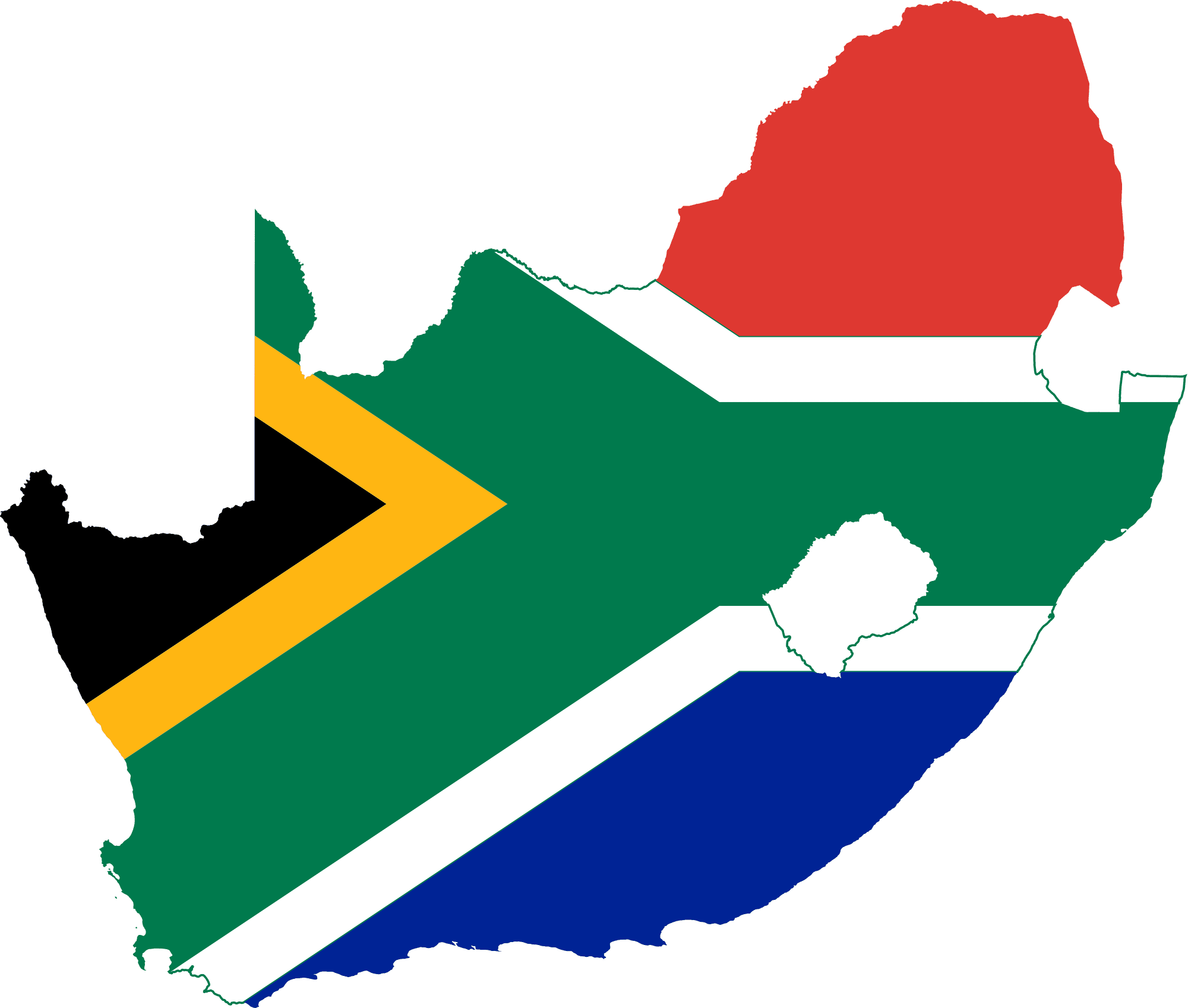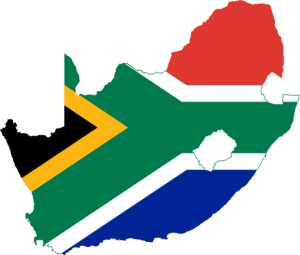 South Africa appears to be a few steps closer to a possible junk credit rating after ratings agency Fitch changed its outlook on the country from stable to negative.
South Africa appears to be a few steps closer to a possible junk credit rating after ratings agency Fitch changed its outlook on the country from stable to negative.
Political in-fighting causes SA to suffer
Government Communication and Information System (GCIS) acting director general Donald Liphoko said the South African economy has demonstrated its resilience in the midst of challenges, however Fitch reiterated that political risks to the standards of governance and policymaking have increased and will remain high at least until the ANC’s leadership election in December next year. “The in-fighting within the ANC and the government is likely to continue over the next year,” Fitch said. “This will distract policymakers and lead to mixed messages that will continue to undermine the investment climate, thereby constraining GDP growth.” Fitch predicted that South Africa’s economy will expand by 0.5% this year, 1.3% in 2017 and 2.1% in 2018. The agency said that if GDP growth does not recover or if the government fails to stabilise its debt ratio it could also result in a downgrade. Liphoko said government was concerned by Fitch’s negative outlook and Moody’s Investor Service ratings (which remained unchanged), and added that government remained “committed to achieving the priority of faster, more inclusive growth and employment in order to increase the economic growth trajectory.”Gordhan’s charges worsen SA’s situation
The fraud charges against Finance Minister Pravin Gordhan, which have now been dropped, heavily overshadowed South Africa’s efforts to boost investor confidence. This contributed to the slowest output growth since 2009 and will make Gordhan’s job more challenging as he aims to narrow the budget deficit to 2.5% of gross domestic product by 2020, from a projected 3.4% this year, and to limit government debt.Monetary policy is integral for economic growth
The country’s economic reforms and monetary policy is integral in supporting a return to the higher growth rates needed to achieve the National Development Plan’s goals and vision.“Through the implementation of the Nine-Point Plan, new growth opportunities and employment are being unlocked across the economy, through government and business,” Liphoko said.
He explained that the creation of a R1 billion SME fund could help spur small business development, especially in the areas of tourism and agriculture. “The oceans economy has the potential to contribute R177 billion to Gross Domestic Product and create just over one million jobs by 2033, and South Africa’s massive infrastructure investment programme is uplifting economic growth potential and competitiveness,” he added. Government’s 2015/16 Industrial Policy Action Plan prioritises the development of industries supplying the infrastructure build programme, energy, transport, oil and gas, and water and sanitation. Liphoko said the ratings’ review affirms the importance of government and all sectors of society working together as a collective to turn the economy around. “Citizens can play their part by increasing their savings and avoiding debt, especially as we head towards the festive season. Working together, our efforts will make our economy stronger,” he said. Liphoko touched on government’s announcement of a One-Stop Shop (Invest SA) for investment in South Africa and said that such a partnership would make it easier to do business in the country. Liphoko also acknowledged that the decisions of the ratings’ agencies recognised South Africa’s commitment to sound macro-economic policies and its strong institutions.







